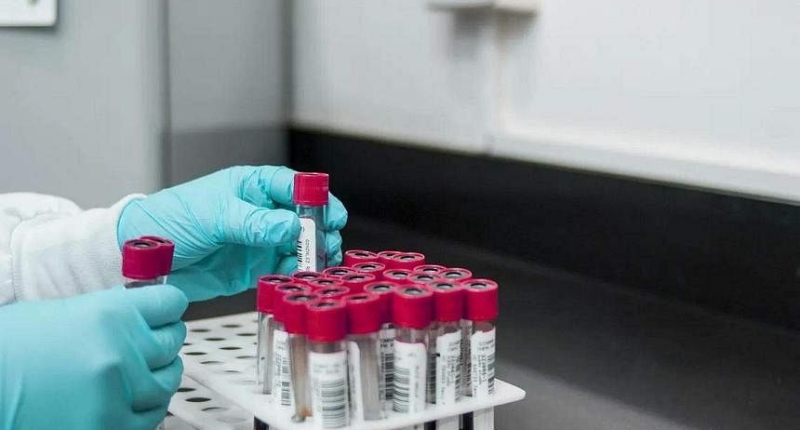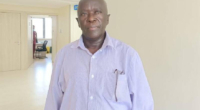Lucence’s LiquidHallmark technology, developed in Singapore, has gained approval from Medicare to be reimbursed for patients with advanced lung cancer. This blood test can match lung cancers to a targeted drug, providing treatment options for up to 50% of patients with advanced lung cancer. The service costs $2,245 (S$3,000) and has been available since 2020. The CEO of the Lucence Group, Dr Tan Min-Han, said about 1,000 such tests were done in Asia in 2022 for lung, breast, colon, and prostate cancers. Partners such as National University Cancer Institute, Singapore (NCIS); National Cancer Centre Singapore; Singapore General Hospital; Tan Tock Seng Hospital; and Changi General Hospital have played an important role in the development and validation of this technology to benefit patients worldwide.
US Medicare to Reimburse Use of Cancer-Matching Service Developed in Singapore
Several cancer-related organizations in Singapore are excited about the recent announcement that Medicare, the United States federal health insurance program, will reimburse patients with advanced lung cancer who use Lucence’s LiquidHallmark technology, developed in Singapore. Lucence is a healthcare services company with headquarters in Singapore and the US. With this approval, Lucence becomes the first and only Asian-headquartered healthcare services company to secure United States national insurance coverage.
LiquidHallmark: Matching Lung Cancer to Targeted Drug
LiquidHallmark is a blood test that can match lung cancers to a targeted drug if there is one. This technology can help up to 50% of advanced lung cancer patients find a treatment that could assist them. The service costs $2,245 (S$3,000). The company has said that there are more than 150,000 new advanced lung cancer patients aged 65 and above in the US annually.
Non-Invasive Cancer Screening Tests
This blood test has been available since 2020. Dr Tan Min-Han, the oncologist who is the CEO of the Lucence Group, has said that about 1,000 such tests were done in Asia in 2022 for lung, breast, colon, and prostate cancers. Cancer doctors use the matching test when conventional treatments no longer work for their patients to see if newer, usually more expensive drugs, might work, rather than trying out these drugs on the patient.
Choosing a Drug Not to Use
Dr Tan said that the treatment selection “is not only about choosing a drug to use; it is also about choosing a drug not to use, when using that drug could be futile.” Dr Donald Poon, an oncologist in private practice who has been using this test on some patients, said it is useful when biopsy is not possible because the cancer is inaccessible or because the patient is too frail.
Assessing Resistant Mutation
He added that after more than a year of advanced cancer treatment, this test is a convenient way to assess if a resistant mutation has developed, so treatment that is no longer appropriate can be stopped, and a switch to suitable ones can occur. Dr Kong Hwai Loong, who is in the private sector and a visiting consultant at the National University Health System, said that if the targeted drug is identified early in the treatment, it should result in good outcomes.
Good Response with Targeted Treatment
“In the best-case scenario, targeted treatment almost always induces a good response, which typically lasts for years, during which the patient is well and free from symptoms,” he added. With the recent Medicare announcement, patients with advanced lung cancer in the US can now access Lucence’s LiquidHallmark technology, which can match lung cancers to a targeted drug.
Medicare to Reimburse Use of Cancer-Matching Service Developed in Singapore
Dr Tan, the CEO of the Lucence Group, expressed gratitude to A*Star for its crucial support in the early years of the company. The foundation helped bring Lucence to the important milestone of being recognized by Medicare, the world’s largest healthcare payer. Partners such as National University Cancer Institute, Singapore (NCIS); National Cancer Centre Singapore; Singapore General Hospital; Tan Tock Seng Hospital; and Changi General Hospital played an essential role in the journey of validation and evidence development to benefit patients worldwide.
Professor Tan Sze Wee, the assistant chief executive of A*Star’s Innovation and Enterprise Group, looks forward to Lucence’s development of more innovative health solutions in Singapore and beyond.
Don’t miss interesting posts on Famousbio










